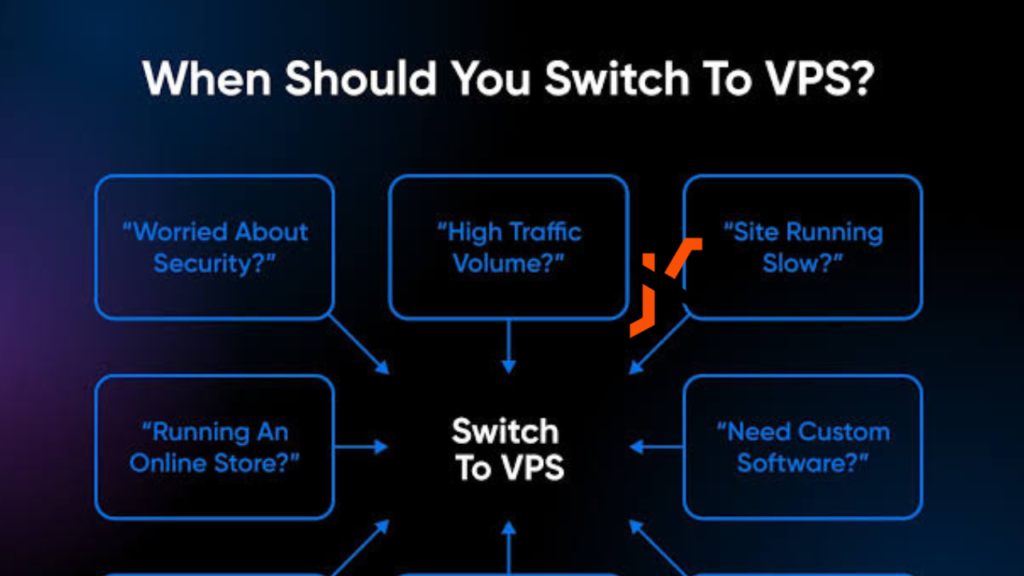In today’s digital landscape, the choice of web hosting can significantly impact the performance, security, and scalability of your online presence. While shared hosting may suffice for small websites or projects with minimal traffic, there comes a point when upgrading to a Virtual Private Server (VPS) becomes necessary. Here’s how to recognize when your business or project is ready for this transition.
Sudden Traffic Spikes
One of the telltale signs that your website has outgrown shared hosting is experiencing sudden spikes in traffic. Shared hosting environments often struggle to handle surges in website visitors, leading to slow loading times, downtime, or even crashes. If your website regularly experiences fluctuations in traffic due to marketing campaigns, seasonal events, or viral content, it may be time to consider upgrading to a VPS for more reliable performance.
Taking Charge of Your Resources
Shared hosting platforms typically offer limited control over server resources and configurations, leaving you at the mercy of other users on the same server. As your business grows, you may find yourself needing more control over server settings, software installations, and resource allocation. With a VPS, you gain root access and administrative privileges, allowing you to customize server settings according to your specific requirements and preferences. Services like Beeks financial cloud offer VPS solutions tailored to the needs of traders, providing low-latency connections and high-performance computing capabilities for executing trades with precision and speed.
Protecting Your Data and Users
Security is paramount in today’s online environment, especially for websites handling sensitive data or processing transactions. Shared hosting environments pose security risks as multiple websites share the same server resources, making them vulnerable to security breaches or malware attacks targeting one site. Upgrading to a VPS provides isolated server environments, enhancing security by reducing the risk of cross-site contamination and allowing for more robust security measures such as dedicated firewalls and intrusion detection systems.
Growing Storage and Performance Needs
As your website or project expands, so do your storage and performance requirements. Shared hosting plans often come with limitations on disk space, CPU usage, and bandwidth, which can hinder your ability to scale efficiently. A VPS offers scalable resources, allowing you to easily adjust disk space, memory, and processing power to accommodate growth without experiencing performance bottlenecks or downtime.
Keeping Your Site Online
Downtime can have detrimental effects on your online reputation, user experience, and bottom line. Shared hosting environments are susceptible to downtime due to server overload, maintenance tasks, or issues affecting other websites on the same server. By upgrading to a VPS, you gain dedicated resources and greater stability, reducing the risk of downtime and ensuring uninterrupted access to your website for visitors and customers.
Transitioning to a VPS
When considering the switch to a VPS, it’s essential to assess your current and future hosting needs, research reputable VPS providers, and plan for a smooth transition. While the decision to upgrade may involve additional costs and technical considerations, the benefits of improved performance, security, and scalability make it a worthwhile investment for businesses and projects poised for growth in the digital realm.

